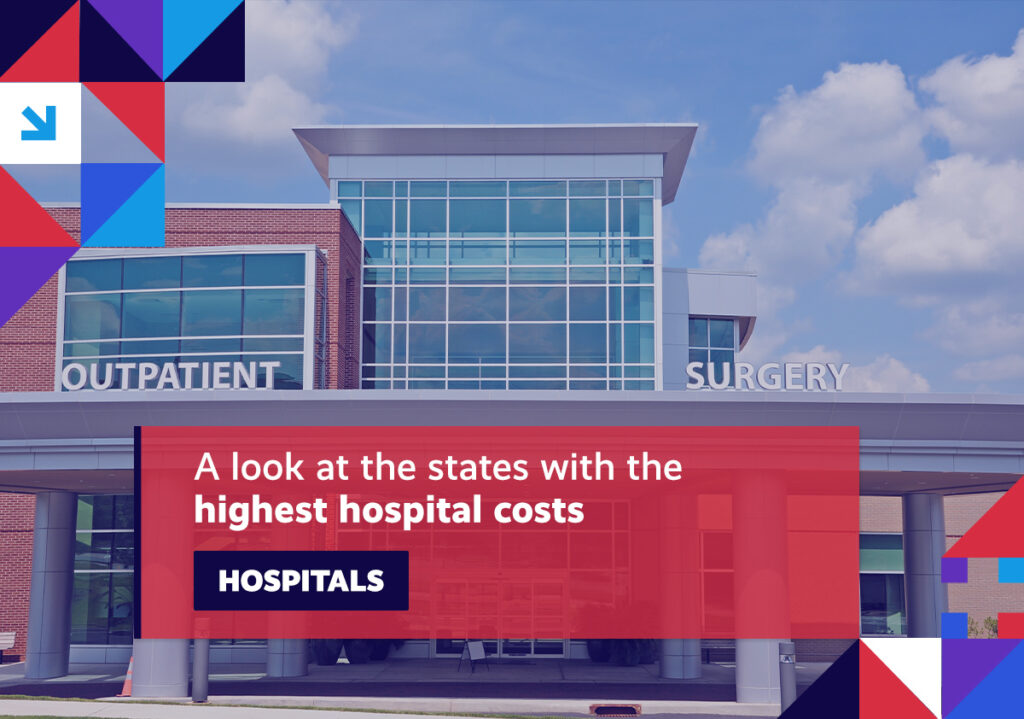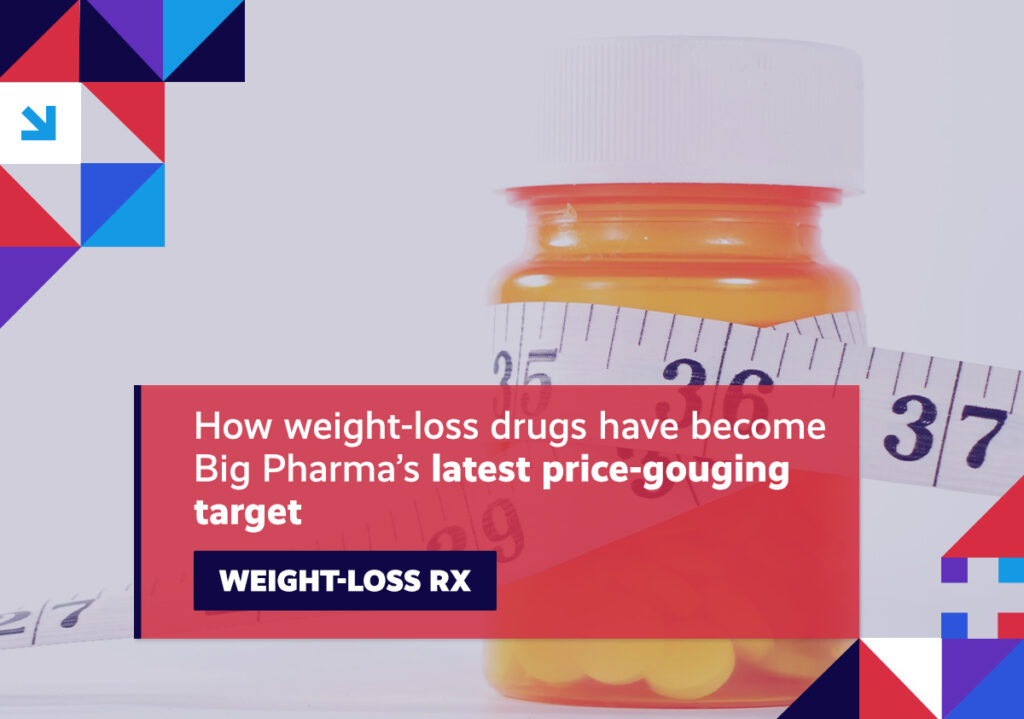A quick roundup of the issues driving the healthcare reform conversation.
Item of the Week

Spotlight
Rx PRICES Proposals targeting PBMs will drive up prescription drug costs by billions of dollars.
Quick takeaway: A new study estimates that Congress’ focus on pharmacy benefit managers (PBMs) will increase drug prices by as much as $10 billion.
Digging deeper: According to the analysis released by the National Bureau of Economic Research (NBER), the numerous bills currently being considered by lawmakers in Washington under the guise of “drug pricing legislation” would only restrict the incentives used by PBMs to lower prescription drug costs.
Specifically, the paper focuses on the consequences of “delinking” PBMs’ compensation from the discounts and rebates they’re able to secure on behalf of beneficiaries in the Medicare Part D prescription drug program.
What it means: Key takeaways from the NBER study include:
- A huge financial windfall for Big Pharma, who could see an additional $10 billion annually, costing taxpayers and patients up to $18 billion.
- An annual increase to federal spending on Medicare Part D from $3 billion to $10 billion.
- Higher premiums for seniors enrolled in the program.
- Reduced PBM competition forcing patients to pay more for prescription drugs.
MEDICAID Rx SPENDING Spending on weight-loss drugs in Medicaid nearly doubled between 2021 and 2022.
Quick takeaway: Last year, the Medicaid program spent $1.1 billion on Ozempic and other GLP-1 drugs used for weight loss, up from $547 million the year before.
Digging deeper: Ozempic alone accounts for the majority of that spending, with Medicaid paying $912.3 million for the Novo Nordisk drug for 978,400 enrollees.
However, new data comparing what other nations are paying for these drugs shows that patients in the U.S. are paying far more than patients in other countries.
What it means: As previously covered, there’s growing concern over what the cost of these drugs will do to the healthcare cost curve, writ large. It’s estimated that the cost to Medicare alone could be as high as nearly $27 billion annually.
PROVIDER CHARGES Messaging your doctor could cost you.
Quick takeaway: Providers have started charging patients – and, their health plans – for responses to their messages.
Digging deeper: Spurred by the sharp uptick in emails and other online communications during the pandemic, a growing number of health systems are now charging patients when physicians and other clinicians send replies.
What it means: Stakeholders worry that this changing business model could create barriers between patients and their doctors, especially as telecommunications have been recognized as a health issue.
PRIVATE EQUITY Communities pay the price when private equity comes to town.
Quick takeaway: Despite claims to the contrary, private equity investment often leaves hospitals – and, the communities they serve – worse off.
Digging deeper: Anecdotal evidence abounds, pointing to what happens when private equity tactics – cutting costs, maximizing profits – are applied to struggling hospital finances.
Spoiler alert – costs go up and quality goes down.
A growing body of research only reinforces these impacts, with data linking private equity investments in the healthcare space to higher costs to patients and worsening health outcomes.
What it means: Against this backdrop, lawmakers have focused their attention on private equity’s growing influence over our healthcare system, with particular emphasis on ownership structure and the massive amount of debt they’re piling onto the businesses they invest in.

| You can keep up with the latest by following the Health Action Network on X and by liking us on Facebook. And, be sure to check us out on LinkedIn, too. As always, let us know if there’s something you’d like to see covered in a future newsletter. |
The Health Action Network includes everyday Americans—families, workers, businesses, patients, providers, neighbors, and friends. We are working together because we support market-based solutions that offer better healthcare choices and help build a stronger economy. The Health Action Network is an Elevance Health, Inc., initiative.
